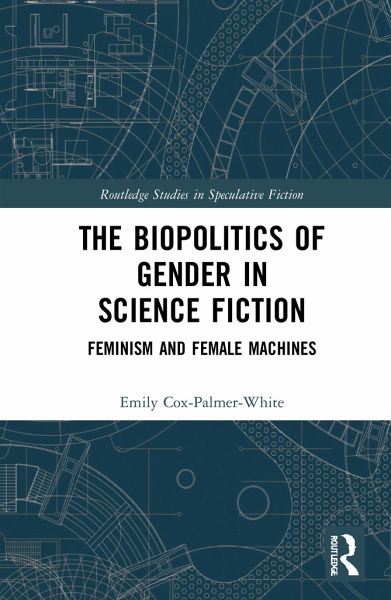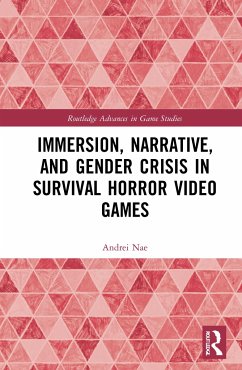
The Biopolitics of Gender in Science Fiction
Feminism and Female Machines
Versandkostenfrei!
Versandfertig in 1-2 Wochen
141,99 €
inkl. MwSt.
Weitere Ausgaben:

PAYBACK Punkte
71 °P sammeln!
This work develops an innovative approach to gender and feminist theory by drawing together the work of key feminist and gender theorists, such as Judith Butler and Donna Haraway, and the biopolitical philosophy of Giorgio Agamben and Gilles Deleuze.













